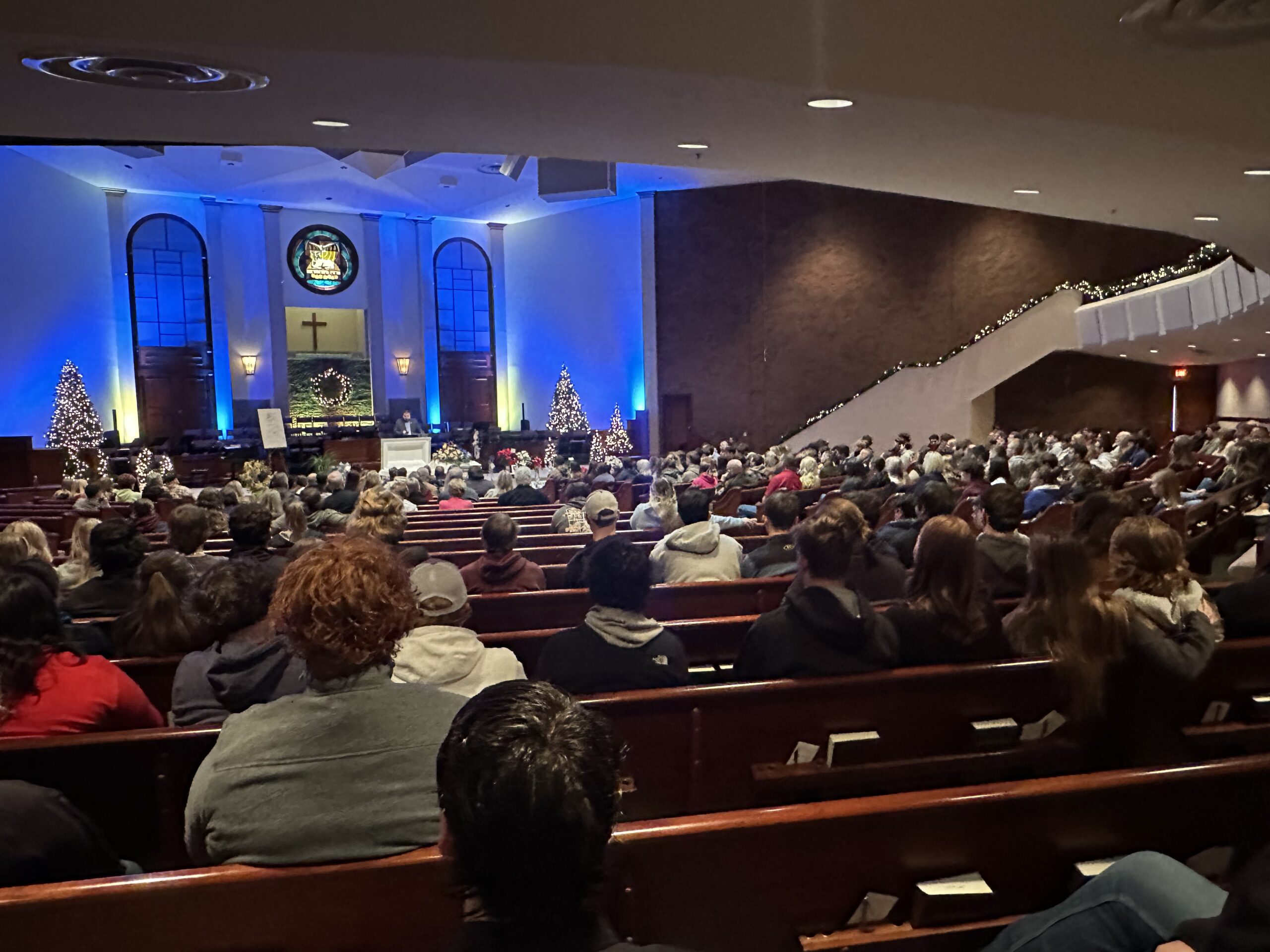Dogs with elongated soft palates
Published 10:57 am Wednesday, May 30, 2018

- Dr. Jeff Castle
Many pet owners have never heard of an elongated soft palate. The soft palate is the tissue covering the bone in the roof of the mouth.
Typically, the soft palate extends only slightly past the bone in the back of the mouth. However, in brachycephalic breeds, dogs with extremely short noses, or “smashed face” breeds, the soft palate extends significantly past the bone into the back of the throat. This is known as an elongated soft palate.
The most common brachycephalic breeds include the boxer, pug, Boston terrier, bulldog and shih tzu. These breeds of dogs are all born with an elongated soft palate.
The elongated soft palate greatly overlaps or covers up the epiglottis, which is the opening into the dog’s airway. Therefore, the elongated soft palate partially obstructs their airway during breathing.
Any obstruction to the airway causes an individual to have more difficulty breathing.

The elongated soft palate is also responsible for causing these breeds to snore more loudly than normal.
Most everyone has heard an English bulldog snort and grunt while they are only slightly excited. Their unusual and stereotypical vocal sounds are the result of their elongated soft palate.
The typical signs of a dog having an elongated soft palate are open mouth breathing, snorting and snoring. Their difficulty breathing and snorting usually becomes more pronounced after exercise.
The problems with their elongated soft palate also tend to get worse as the dog gets older.
Some dogs with an elongated soft palate will also have difficulty eating. They often regurgitate, or bring up, their food several times before actually managing to properly swallow it. Over time, this stretches ligaments in their throat causing even more trouble breathing.
Brachycephalic breeds also have a harder time cooling themselves. This is because of their short noses and their elongated soft palate.
With the exception of a few sweat glands in the pads of their paws, dogs don’t have sweat glands like people.
People cool themselves by sweating and the evaporation of the sweat allows the body to cool down. Dogs cool themselves through their respiratory tract by panting, or breathing fast with their mouth open.
Dogs with an elongated soft palate have trouble breathing properly causing more difficulty lowering their body temperature.
Most “smashed face” dogs should be monitored closely whenever they are outside in hot or humid weather. They should not be left outside in the heat for extended periods of time.
There are not medications to help significantly since the elongated soft palate is an anatomic structural problem. There is a surgical procedure that is extremely effective for allowing dogs with an elongated soft palate to breathe much better.
The surgery involves removing the extra portion of the soft palate that covers the opening to the airways.
The elongated soft palate surgery is performed with laser surgery since the tissue is difficult to reach in the back of the throat. Also, the tissue tends to bleed profusely if cut with a normal scalpel. The laser cauterizes the blood vessels as it cuts allowing the surgeon to remove the excess tissue without any bleeding whatsoever. This is even more important than most surgeries because it is impossible to reach the area and suture, or tie off, the bleeding vessels.
All brachycephalic breed dogs have some degree of an elongated soft palate. Many specialists believe all dogs with really short noses would benefit greatly from having surgery to correct their elongated soft palate.
If your dog is a brachycephalic breed and has trouble breathing or snores excessively, ask your veterinarian about elongated soft palate surgery to ensure your dog lives a long, healthy and happy life.
Dr. Jeff Castle is a veterinarian at Clark County Veterinary Clinic.





